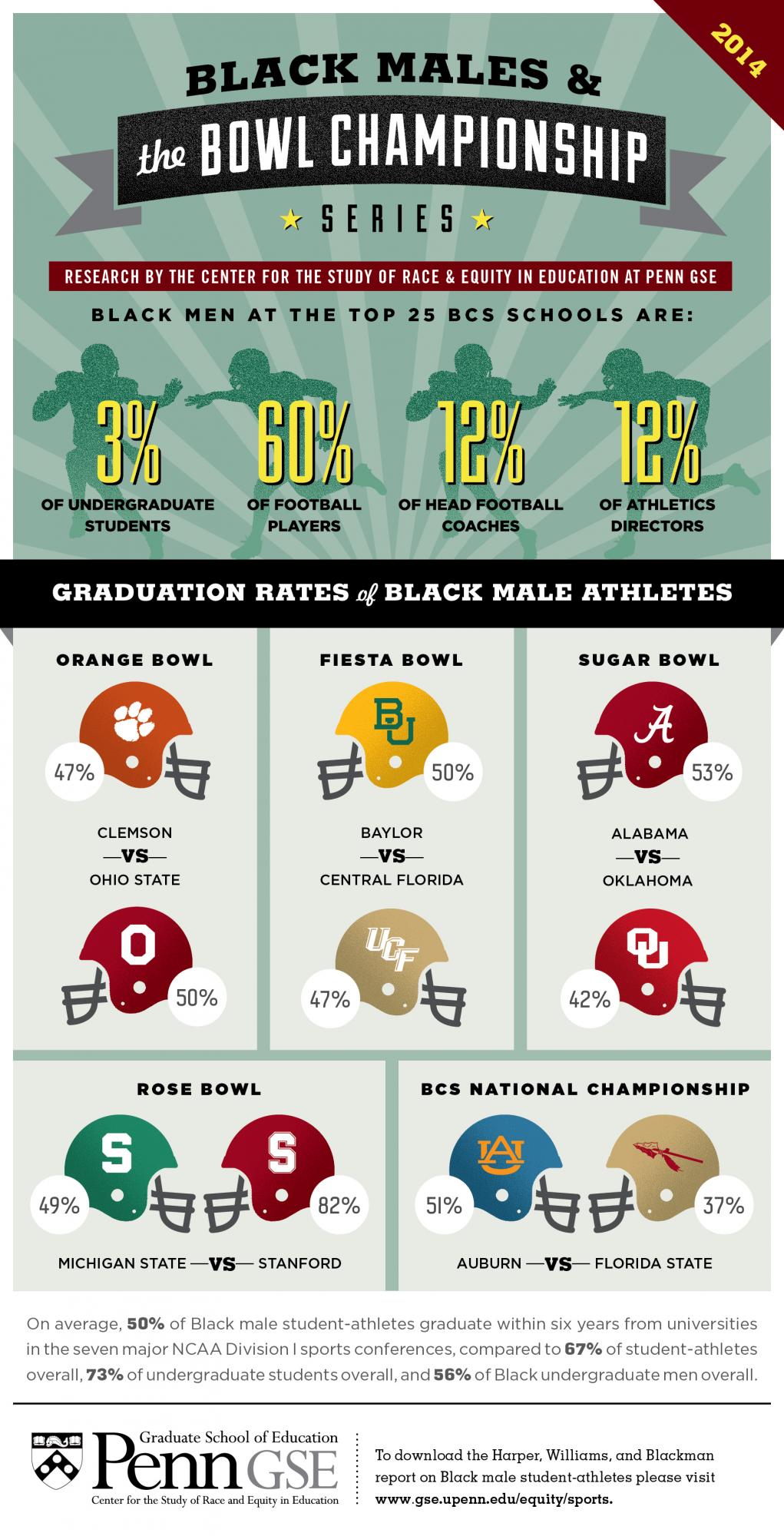By Will Brown
One man prefers to stay in his lane
and let his actions speak for him. The other speaks and then backs up his
bravado with performance. Both men are highly successful, relatively well
compensated, college educated men from California communities where stories of
such success are underreported.
Yet, if you watched or listened to
the narrative that is being formed about Marshawn Lynch and Richard Sherman one
might think these two Seattle Seahawks teammates spent more time in San Quentin
than honing their craft at universities on separate sides of San Francisco Bay.
Lynch is
the Seahawks running back who was fined $50,000 by the National Football League
earlier this month for not speaking with the media. The Oakland-bred
former Cal-Berkley running back, who was undoubtedly pressured to speak at
Tuesday’s Super Bowl media day, spoke for six minutes before saying the scene
wasn’t for him and left.
His departure was not well received.
Marshawn Lynch's media fiasco was an embarrassment to everyone there. Column - http://t.co/Q8KQynQFZd
— Gregg Doyel (@GreggDoyelCBS) January 28, 2014
USA Today said Lynch “ditched media
day, then swore on live television”, NFL.com dubbed it “Marshawn Lynch’s Media
Day misadventure”, ESPN.com said “Lynch snubs Super Bowl media.” The Denver
Post didn’t mention Lynch, while the Seattle Times simply posted a link to
Lynch’s two-minute interview later Tuesday with Deion Sanders.
Why should the dearth of words from
a 27-year-old football player be scrutinized with such fervor? Because less than
a fortnight ago Lynch’s 25-year-old teammate, Sherman, was vilified for
speaking with passion and emotion after the biggest achievement of his
professional life.
If you are a black man and uber
successful it’s only a matter of time before someone believes it’s their
right to remind you what happened to Icarus when he flew too close to the sun.
Men like Michael Vick, Ray Lewis and
Kobe Bryant are among those who brought the downfall on themselves through
their actions. Conversely, there are men like Sherman and Lynch who are more
complex than what is characterized by the sports media.
It’s not solely professionals that
receive such characterizations.
DeBray Bonner was a high school
running back in rural South Texas. He spent two years at a small-school power,
got in trouble, transferred to a high school 40 miles away, didn’t fit in there
and wound up at Woodsboro High School. He parlayed a very good senior season
into a scholarship offer from Minot State, a Division II program in North
Dakota.
On the day Bonner signed a National
Letter of Intent to play for the Beavers, last February, the man responsible
for editing the story written about Bonner called him a “thug.” The supervisor
of this editor also called Bonner a “thug” despite the fact neither man had
ever met the running back or his family.
Bonner, nor his family, ever found
out that the local newspaper thought so little of him.
He did not make it to Minot State,
instead enrolling at Allan Hancock College in Santa Maria, Calif. to play
football and earn a two-year degree. If you have ever seen Woodsboro, Texas,
you would know just how much of an accomplishment that is.
But, let’s return to Lynch.
If one paid closer attention to what Lynch said in the interview with Sanders instead of what was
said about him, they would find a man who prefers to let his actions speak
for him.
Sanders: You camera-shy?
You just don't want to talk, really.
Lynch: I'm just about
that action, boss.
Sanders: You about to go
get it. You just like to do.
Lynch: That's what it
is. I ain't never seen no talking winning nothing. Been like that since I was
little. I was raised like that.
Oakland and Compton are two
California cities that have produced their fair share of criminals, thugs and
scoundrels. Lynch and Sherman are not among them.
. @Skittles is auctioning off “Seattle Mix” packs to benefit my charity @fam1stfam starting tonight at 10 PM CT. http://t.co/MBwwDFbool #ad
— Shawn Lynch (@MoneyLynch) January 29, 2014
For more than a week, a segment of
the sporting world grumbled how Sherman, could be so arrogant and classless in
the immediate aftermath of victory. Yet, when Lynch chooses to let his actions
speak louder than his words, he’s mischaracterized as a miscreant.
“Race played a major part in how my
behavior was received, but I think it went beyond that,” Sherman wrote on SportsIllustrated.com this week. “Would the reaction have been the same if I was
clean-cut, without the dreadlocks? Maybe if I looked more acceptable in
conservative circles, my rant would have been understood as passion. These
prejudices still play a factor in our views because it’s human nature to
quickly stereotype and label someone. We all have that.”
Lynch and Sherman are the newest
characters in a narrative that has not changed in the 15 years since Stephen Balkaran wrote an essay on Mass Media and Racism in the October 1999 edition of Yale Political Quarterly.
“One of the main reasons for the
inadequate coverage of the underlying causes of racial stereotypes in the U.S.
is that the condition of blacks itself is not a matter of high interest to the
white majority. Their interest in black America is focused upon situations in
which their imagined fear becomes a real problem.”
Laughs and liveliness,
-Wb
